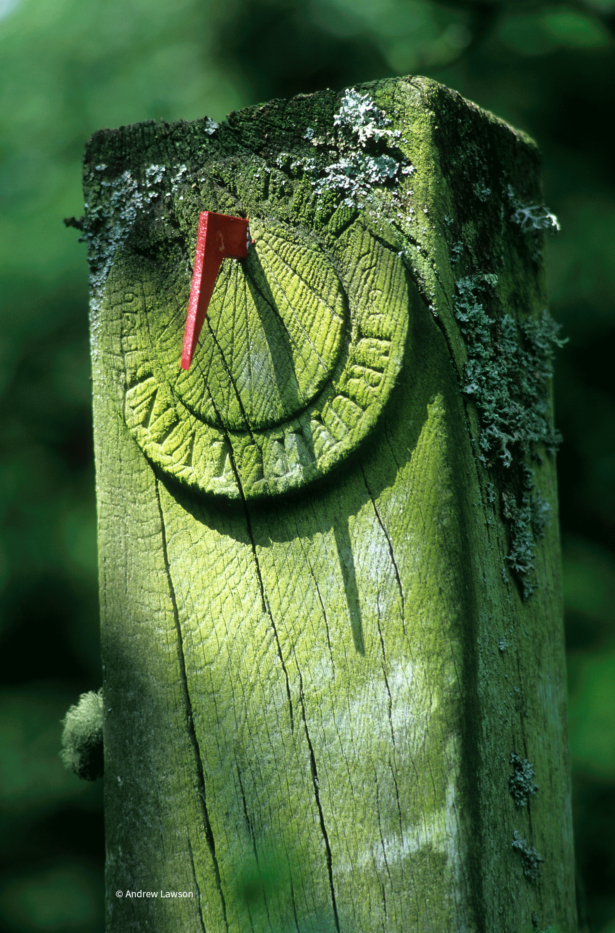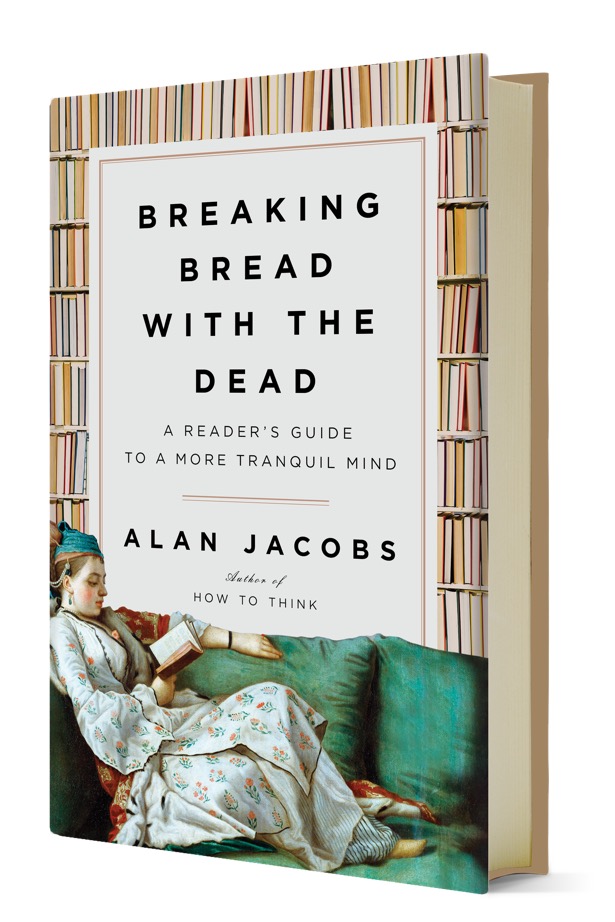It’s Scotland This Time

Many thanks to the hundreds of you who asked for a copy of my forthcoming book — I wish we could have given one to each of you. In the end ten, rather than five, were sent out, and a peek at my first chapter sent to the rest. I am moved that so many of you have an interest in this strange little book that’s about to make its way in a stranger bigger world.

Most of you, dear readers, know that there are many Wikipedias: a French one, a Polish one, an Indonesian one, etc. There is even a Scots Wikipedia, written in the Scots dialect of English — or, rather, it should be. Alas, it has been edited for some time now, obsessively and dominatingly, by a young American who does not know Scots.
This is going to sound incredibly hyperbolic and hysterical but I think this person has possibly done more damage to the Scots language than anyone else in history. They engaged in cultural vandalism on a hitherto unprecedented scale. Wikipedia is one of the most visited websites in the world. Potentially tens of millions of people now think that Scots is a horribly mangled rendering of English rather than being a language or dialect of its own, all because they were exposed to a mangled rendering of English being called Scots by this person and by this person alone. They wrote such a massive volume of this pretend Scots that anyone writing in genuine Scots would have their work drowned out by rubbish. Or, even worse, edited to be more in line with said rubbish.
Of course — of course — the poor deluded kid has now been subjected to vicious abuse and threats, which the author of the Reddit post regrets. But I think that author was right not to take his post down, nor to retract his judgment of the damage done.
The Scots-speaking world is a small one and therefore extraordinarily vulnerable to the reach of a global internet culture whose power is centered in the Western world and especially in the United States. The internet does indeed connect people around the world with one another, but the people it connects are not always equal in influence or resources; and in any case a cultural project the size of the Scots Wikipedia is as vulnerable to a single over-enthusiastic person as a damaged painting to a would-be restorer.
But something good has come out of the exposure of this situation: the Scots Language Centre is riding to the rescue of the Scots Wikipedia page: “It was soon discovered that there is a strong desire by many in the Scots-speaking community to come forward and help in a constructive way. In fact, over 100 individuals, many of them Scots speakers, have now offered to rewrite the Wikipedia entries in actual Scots while others have also offered to advise with non-linguistic aspects. Michael Dempster also recently contacted Wikipedia and has now helped to create a community support group for editing and rewriting the Wikipedia entries in Scots.” So perhaps this kerfuffle will lead to a greater interest in Scots and more energy devoted to its maintenance.
The greatest Scots poet of the twentieth century was Christopher Grieve, who wrote under the name Hugh MacDiarmid. (At the top of this message you see a memorial to him at Langholm, Dumfriesshire.) His masterpiece is a long poem called A Drunk Man Looks at the Thistle (1926), and if you want to know what Scots sounds like on the tongue of one of its great masters, you may find recordings of MacDiarmid reading from his poem here.
And e’en the glory that descends
I kenna whence on me depends,
And shapes itsel’ to what is left
Whaur I o’ me ha’e me bereft,
And still the form is mine, altho’
A force to which I ne’er could grow
Is movin’ in’t as ‘twere a sea
That lang syne drooned the last o’ me
— That drooned afore the warld began
A’ that could ever come frae Man.

One of the most fascinating places I have ever visited is Little Sparta, a kind of garden-poem, a landscape with language — English, though, not Scots —, created by the brilliant and eccentric Ian Hamilton Finlay. It’s not far from Edinburgh; you should visit if you ever have the chance. You’ll find something extraordinary at every turn.

Note for a later edition: Something on the spirtual successor to Ian Hamilton Finlay, Charles Jencks.

Brig o’Doon, just a few feet down the road from Burns Cottage, birthplace of Robert Burns, is famous for its role in his poem “Tam o’ Shanter,” but having been there several times I am here to tell you that it is the absolutely perfect place to play Poohsticks.
